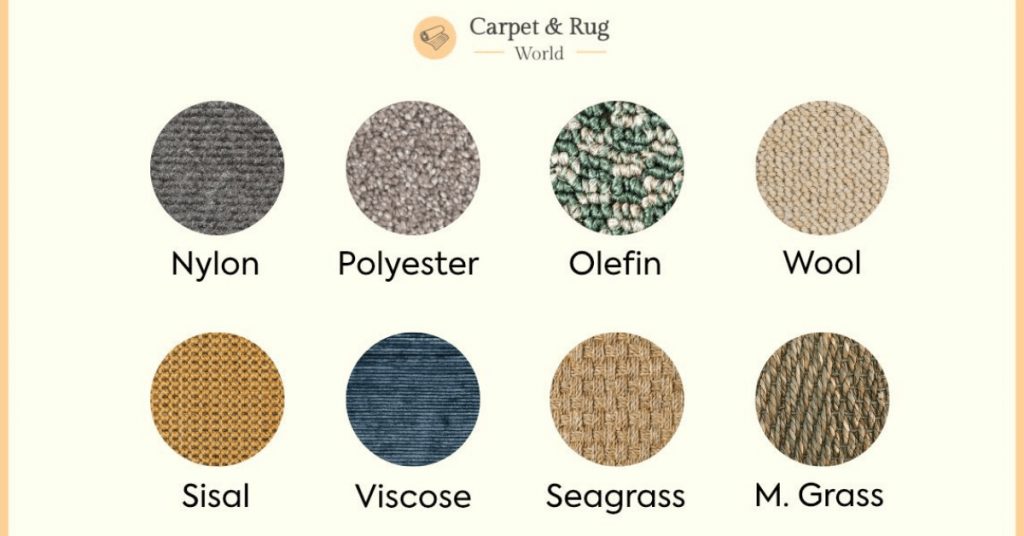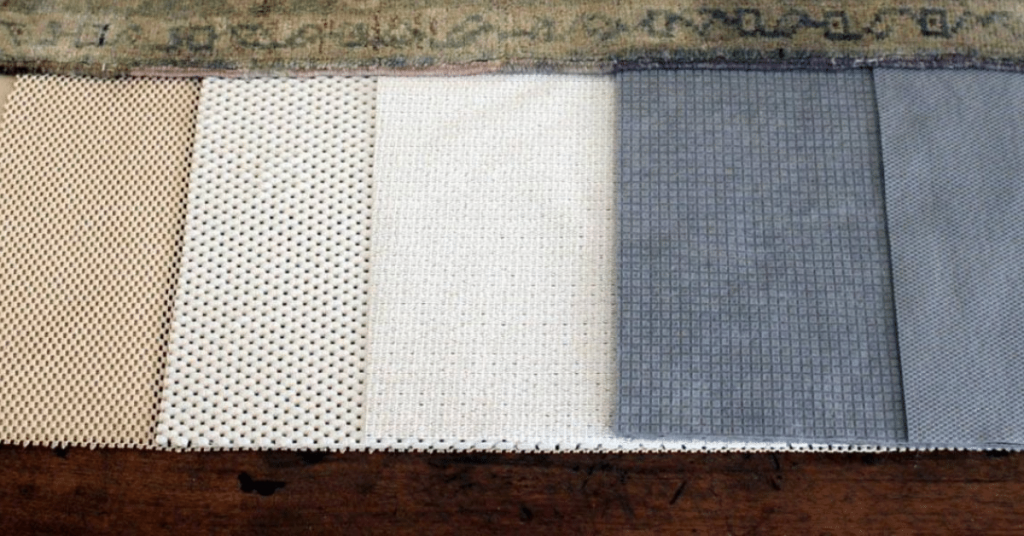Do you want to know if a carpet is a conductor or insulator? That’s a very important (and common) question! A lot of people think about the insulation of their walls, roof, windows, but forget about their floors! And that doesn’t make a lot of sense, because insulating your floors properly can make a huge difference in your electric bill.
Carpets are thermal, shock and acoustic insulators. But depending on the material they’re made of, the padding used, and how it’s been installed it will do a better (or worse job) at keeping heat, impacts and sound out. Keep reading to find out more!
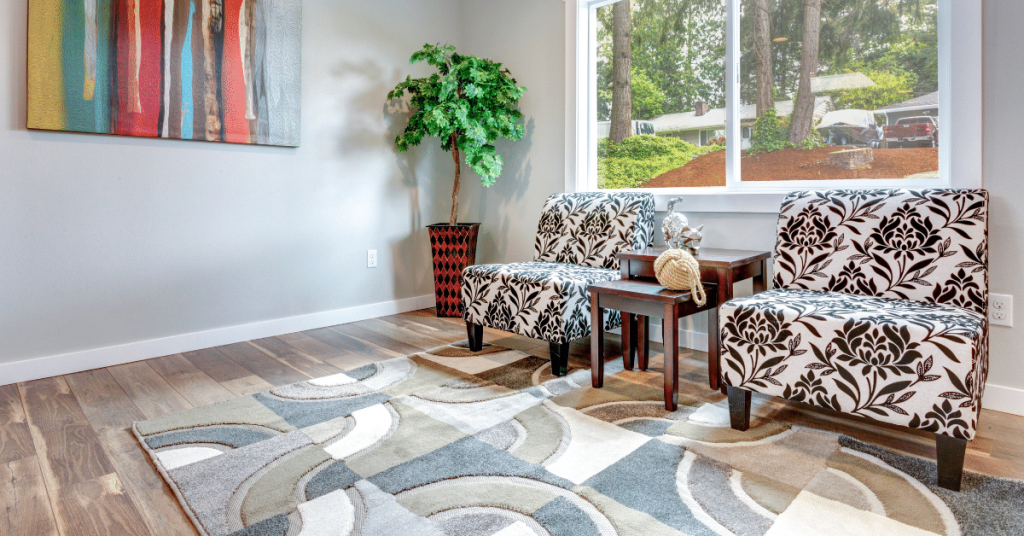
WHY INSULATE THE FLOOR IN THE FIRST PLACE?
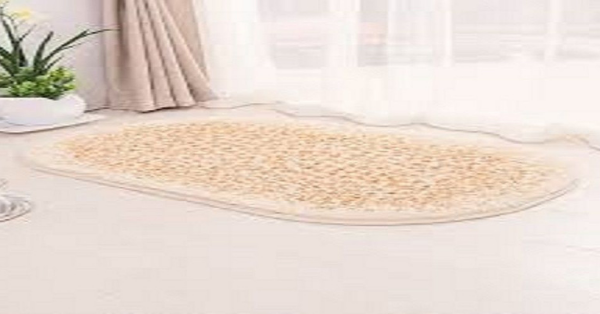
Simple… To save money! Did you know that between 7 to 10% of energy losses come from poorly insulated floors? That can be a lot of money in the long run! For most homes (according to the NAH – National Agency for Habitat) that can be $200 on gas, $210 on electrical bill and $230 on oil heating, every single year!
If you think that insulating your windows, walls, and the roof is more important. You’d be right! Because it is. But the thing about floor insulation is that a lot of people forget about it. And they really shouldn’t!
Not just because of how much money you can save, but because the proper flooring can help improve the sound, impact, and fire insulation.
And when it comes to insulation, carpets are an excellent choice! But not all carpets are created equal, and you have to learn if the carpet you own (or the carpet you’re about to buy) has those insulation capabilities.
Let’s take a look at the different types of insulation benefits a carpet has and how to tell if your carpet is a good insulator (or not).
WHY DO WE SAY THAT CARPETS ARE INSULATORS?
We can say that carpets are insulators because they prevent the conduction of 3 things: Heat, Impacts, and Sound. That’s why we can say that they’re Thermal, Shock and Acoustic Insulators.
Some other flooring options might offer some of these insulation capabilities, but almost none of them will offer these 3 properties as a carpet does.
Let’s take a look at those three properties separately.
THERMAL INSULATION
Thermal insulation refers to the conservation of heat energy. Thus, less heating will be required to maintain the warm temperature of a room. That means that your house will be warm in the winter, and cool in the summer. You can expect its thermal insulation to be 10 to 12 times greater than that of a hard floor. Talk about saving money, right?
SHOCK INSULATION
Shock insulation refers to decreasing the shock caused by an object falling. And the carpet is the absolute best when it comes to shock insulation. Carpets are thicker and, generally, softer than other flooring materials, which is why it’s great for children and the elderly. If someone falls or slips, it will help reduce the impact.
ACOUSTIC INSULATION
Acoustic insulation means, reduction in the noise and absorption of sound waves to improve the quietness of an apartment or house. This can be especially important depending on where you live. But if you own a 2 story house or condo, carpets can make a huge difference. Noise won’t be such a big problem anymore. It’s estimated that carpets reduce impact noise by 25 to 34 dB. And although those numbers might not be easy to understand, it’s a lot!
HOW TO CHOOSE THE BEST CARPET FOR INSULATION?
When buying the carpet, it is important to take a good look at its characteristics. Depending on those characteristics, the carpet will be a good or a bad insulator.
One of the most significant criteria is the material (you have a wide range of natural or synthetic materials to choose from). But it’s not the only one! Let’s take a look at some other things you should take into account.
CARPET MATERIALS
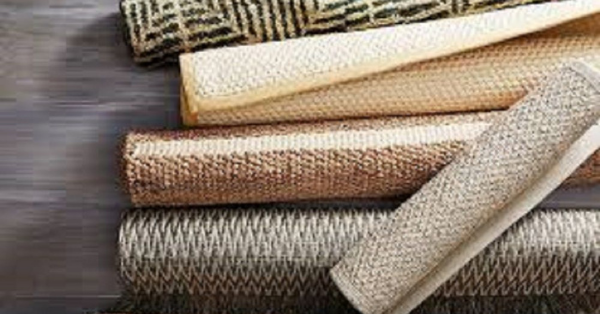
Carpet material is one of the most important factors when choosing a carpet. And it’s quite important too when it comes to flooring insulation. Not all carpet materials are as good insulators. If you want to know how to choose the best carpet material for you, we have an ultimate guide that explains precisely that:
9 Carpet Materials and How to Choose the Right One for You
If you’re about to buy a carpet you need to know about the different fiber materials. They all have their pros and cons, so read this to choose wisely!
But since not all of you have the time to read that guide, let cut to the chase and answer the million-dollar question: What carpet material is best when it comes to carpet insulation?
The answer is… it depends. The first thing you have to do is separate natural fiber carpets from synthetic or natural-synthetic fibers.
Natural Fiber Carpets
Natural Carpets are always going to be excellent insulators. The most common natural fiber is wool, although other natural fibers such as sisal, seagrass, cork, jute or mountain grass are great insulators too. If you go with a natural fiber, you can’t go wrong. These fibers will always be great insulators, although they have other disadvantages (such as price, for example).
Synthetic or Natural-Synthetic combinations.
The most common synthetic materials are Nylon, Polypropylene, and Polyester. And you’ll also find a combination of those materials with wool or other natural fibers.
The fact is… it’s hardly impossible to know if a synthetic carpet is a good or a bad insulator. There are so many types of synthetic materials (and manufacturers) that it does depend. However! One thing is clear… if the carpet is super cheap, it won’t be a good insulator. But that doesn’t mean that an expensive carpet will be!
That will depend on where you buy your carpet. We have a guide on where to buy the best carpets, so feel free to check it out: 8 Different stores to buy a Carpet
CARPET PADDING
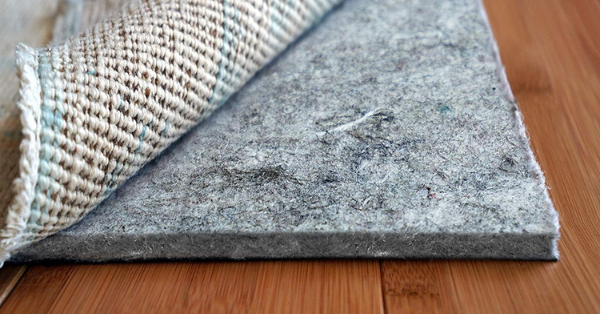
Carpet Padding is the material that’s laid between the floor and the carpet. And believe it or not… it has a lot more impact on the carpet’s insulation properties than the carpet itself! And not just on the insulation properties, on the carpet’s lifespan too!
But you have to be very careful about choosing the right type of carpet padding. There are many types of padding and some sellers won’t necessarily sell you the best one they have. We have a whole post dedicated to carpet padding, I would strongly recommend you take a look at it if you’re interested in insulating you home properly:
Carpet Padding Buying Guide: Everything in 1 HUGE Guide.
Padding is a huge part of buying a carpet. But it’s not easy to understand and many salespeople make it hard on purpose. This Ultimate Guide covers everything you need to make a buying decision.
Some paddings are made of foam, urethane, fiber or rubber. Depending on the thickness and density, they could act as low or high insulators. My advice as a professional would be not to choose any carpet padding that won’t cancel at least 20dB.
But then again, that would depend on whether or not you’re living in a one or two-story house, whether or not you have neighbors, etc. That’s just a rule of thumb!
CARPET INSTALLATION
Carpet installation is a key component if you want to take full advantage of your carpet’s insulation properties. The insulating panels must be joined, placed continuously and applied against the floor. It is also necessary to insulate the corner walls and the supports of the floor to treat thermal bridges.
It’s even necessary to check that there’s good ventilation at the time of installation. Because otherwise moisture can get trapped inside the padding and it will lose its heat insulation capabilities very fast.
That’s why you should hire a trained professional to install your carpet. Luckily for you, we have a post on How to Find the Best Carpet Installers in your Area
Check it out if you’re looking for a carpet installer!
WHEN ARE CARPETS NOT RECOMMENDED?
The fact that carpets are such great insulators is awesome! It is! But depending on your heating system, that might even become a problem.
If your heating system runs through the floor, then you don’t want to have carpets! Because it will take longer for the heat to reach your house if it has to go through your carpet.
But if you own any other type of heating system other than floor heating, you’re good to go.
CONCLUSION
As you’ve seen, carpets can be amazing thermal, acoustic and shock insulators. However, depending on the type of carpet that you buy and how well it’s been installed, you’ll be able to take full advantage of their insulating capabilities.
That’s why I would strongly recommend you hire a good carpet installer. If you’re looking to replace your carpet, be sure to check out our guide: How to Find the Best Carpet Installers in Your Area. In that guide, we’ll share tips that will help you find the best carpet installers. It makes such a huge difference!

